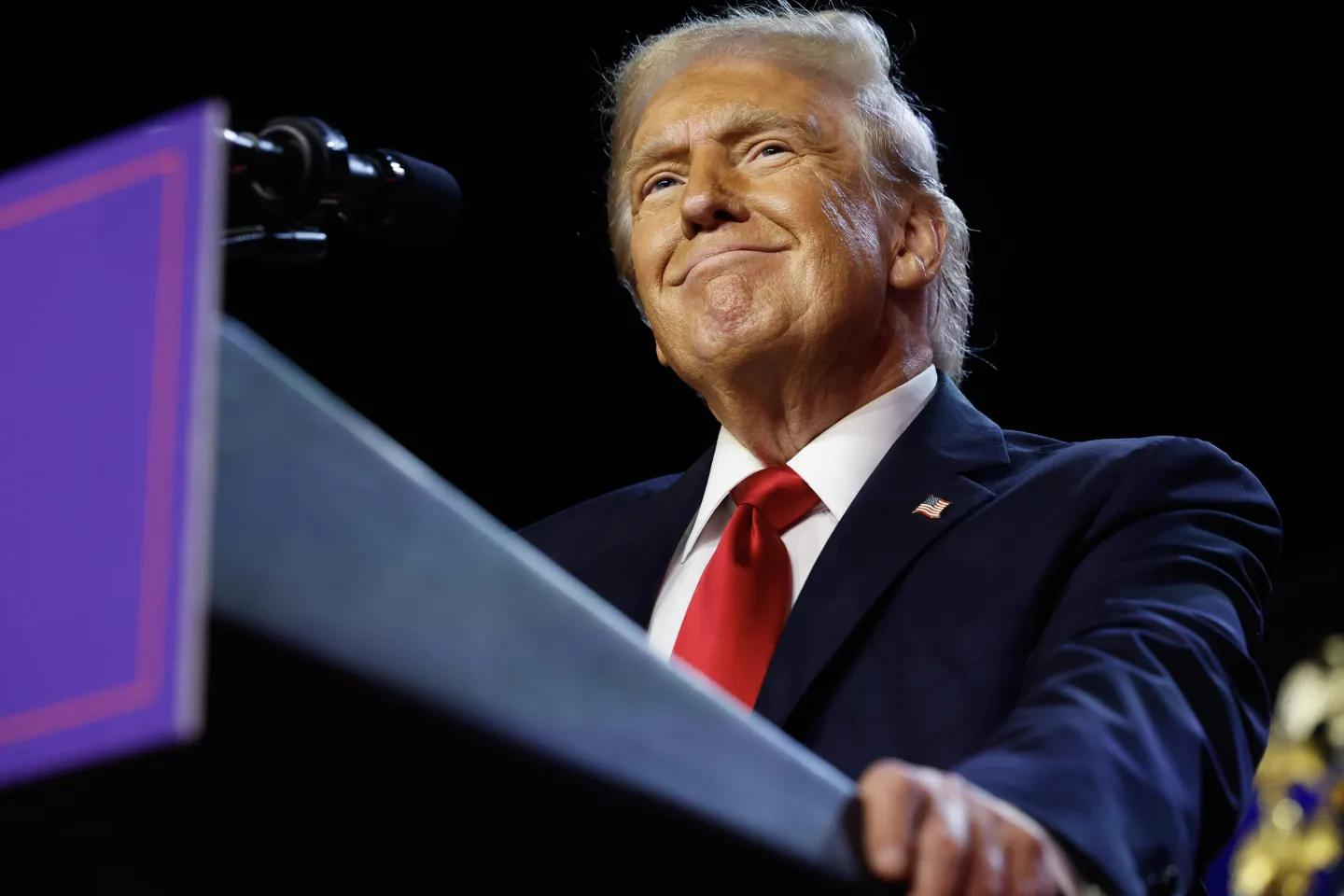Jason Redmond/AFP/Getty Images
- OpenAI announced in October that it raised $6.6 billion at a blockbuster $157 billion valuation.
- Among its new backers was a well-known investor: SoftBank.
- SoftBank’s Vision Fund CFO Navneet Govil told BI why it bet on the ChatGPT maker.
Before investing $500 million in OpenAI, SoftBank passed up an opportunity to do so last year at a fraction of the cost.
But the chief financial officer for SoftBank’s Vision Funds, the world’s largest technology investor, says it wasn’t the right time.
“We could have done it in 2023 at a much lower valuation, $30 billion,” Navneet Govil said in an interview with Business Insider.
OpenAI shook the tech world last month when it raised $6.6 billion at a valuation of $157 billion in a round that included Microsoft, Tiger Global, and SoftBank’s $500 million investment.
However, Govil said SoftBank sees itself as “growth equity investors with a focus on mid-to-late stage companies.” Last year, the largely not-for-profit version of OpenAI was still figuring out potential revenue streams — but that’s now changed.
Since launching ChatGPT in November 2022, OpenAI has grown rapidly as its large language model-powered app has spurred global interest in generative AI.
“When you look at where OpenAI is today, it’s more mature, has a stronger revenue base, and a clear focus of converting to a for-profit entity,” Govil said.
According to Govil, OpenAI’s revenue is on track to be $3.7 billion this year, a figure first reported by The New York Times, and up from roughly $20 million two years ago.
Monthly active users of ChatGPT have also continued to tick up. The Vision Fund CFO claims user numbers are now at 350 million, higher than tallies at rival companies. The company also partnered with Apple earlier this year to bring ChatGPT to the iPhone maker’s devices.
OpenAI’s valuation is now surpassed only by a tiny handful of privately held companies like SpaceX and TikTok’s parent company, ByteDance — another company backed by SoftBank.
SoftBank has led huge investments into everything from Uber to controversial companies like WeWork. After nursing heavy losses on high-stakes tech bets placed through its Vision Funds, the Japanese conglomerate swung back to a $7.7 billion profit in earnings posted on Tuesday.
Tomohiro Ohsumi/Getty Images
Investors typically aim to back companies as early as they can to maximize returns.
But SoftBank’s founder, Masayoshi Son, has been a longtime AI obsessive. He dreams of “artificial superintelligence,” met OpenAI boss Sam Altman last year, and is a habitual user of ChatGPT.
While Son now has a slice of one of the world’s fastest-growing AI companies, OpenAI — and its backers — are facing the exorbitant capital expenditure that comes with developing LLMs.
OpenAI must undertake increasingly expensive training runs to build smarter AI models that might one day achieve human-level intelligence. Dario Amodei, CEO of OpenAI rival Anthropic, has projected future AI training runs of $100 billion.
Govil said that the “capex is going to be significant” but sees OpenAI’s partnership with Microsoft and the access that grants them to the Azure cloud platform — key for hosting and training AI models — as key to managing costs.
He also sees opportunities for OpenAI to continue monetizing its offerings, be it increasing the number of paying subscribers to ChatGPT, ramping up the GPT Store it unveiled last year, or increasing the adoption of OpenAI’s API and developer platform.
However, there are other challenges for OpenAI and the wider AI market.
A recent report suggested that OpenAI’s upcoming flagship AI model is struggling to make a significant performance leap over an existing model.
Management issues also surround OpenAI: several top-level executives have departed the company following a failed attempt to oust CEO Altman last year.
Still, SoftBank sees OpenAI making progress. And it has scope to invest in other AI firms, Govil said, despite a report last month that said OpenAI asked new investors not to bet on rival companies.
“Our view is if it’s a disruptive company and the addressable market is large, there’s room for more than one player,” he added.











